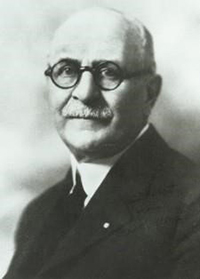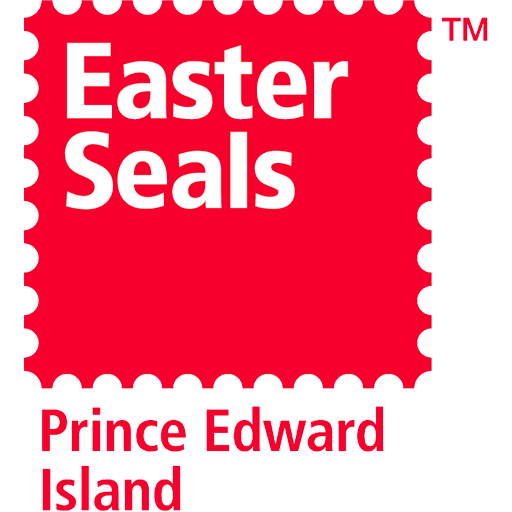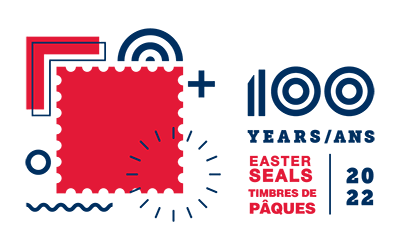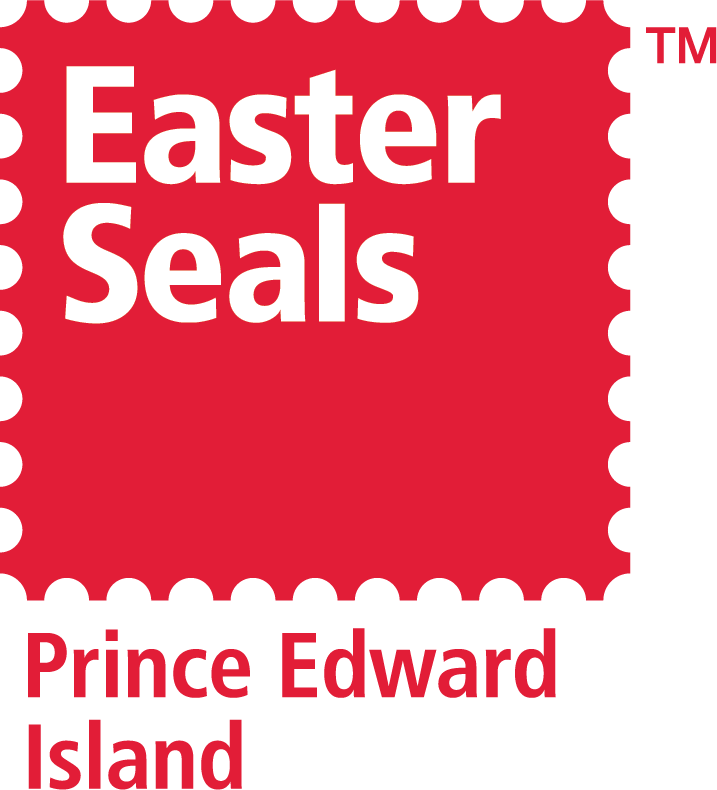Our Story
Easter Seals PEI is a project of the Rotary Club of Charlottetown, in partnership with Rotary Club of Summerside and the Rotary Club of Montague and Eastern PEI. Annual activities include the Tim Hortons’ Ambassador’s School Tour, the Paper Egg Campaign, appearances at community/sports events and many other individual and corporate fundraising initiatives that enable Easter Seals to help Island charities provide programs and equipment for people living with disabilities across the Island.
Thanks to you, we have provided financial assistance to support programs and services provided by: Community Inclusions, Camp Gencheff, ParaSport and Recreation PEI, Autism Society of PEI, Joyriders, Spinal Cord Injury PEI, PEI Cerebral Palsy Association, CNIB PEI, PEI Association for Community Living, Resource Abilities, Stars for Life Foundation, and many other worthy organizations.
The money raised is used to help Islanders living with disabilities, right here on PEI, and distributed through our annual Provincial Grants program. We also create local awareness and administer additional funding programs and partnerships made available through our association with Easter Seals Canada.
Our History
On February 13, 1956, the Rotary Club of Charlottetown agreed by unanimous vote to adopt Easter Seals as the program to continue its support of children with disabilities, in recognition of its quality and compatibility with the Club’s objectives of community service.
Although the Club did not sign an official franchise agreement until 1960, it participated in the program under a verbal agreement beginning in 1956 when $2,100 was raised.
Under an agreement ratified by the Rotary Clubs of
Charlottetown, Summerside and Montague and Eastern PEI in early 1988, and revised in 1992, the three Clubs participate directly in the annual Easter Seals Campaign through a provincial committee, officially known as the Easter Seals Society of Prince Edward Island. The Committee consists of members of each club. 50% of the monies raised from the annual campaign are directed to the Provincial Committee with the remainder divided among the three Clubs based on a mutually agreed upon formula. All funds raised during the annual campaigns stay on the Island and are used to support programs helping Islanders throughout our province who are living with disabilities.
Our Mission
Easter Seals PEI is committed to fully enhancing the quality of life, self-esteem and self-determination of Islanders with disabilities. It responds to the needs and aspirations of children, youth, and adults with disabilities by providing financial support to programs and services that enable access, inclusion and opportunity to promote increased activity and involvement. We support fundraising, services, public and consumer education, research and increased awareness of disability issues in the private, volunteer and government sectors.

The Story of Easter Seals
Easter Seals has been helping individuals living with disabilities and special needs across North America, as well as their families for more than 110 years. From child development centres to physical rehabilitation and job training for people with disabilities, Easter Seals helps people to address life’s challenges and to achieve personal goals.

Tragedy Leads to Inspiration
In 1907, Ohio businessman Edgar Allen’s son died in a tragic streetcar accident. The lack of adequate medical services available to save his son prompted Allen to sell his business and begin a fundraising campaign to build a hospital in his hometown of Elyria, Ohio. Through this new hospital, Allen was surprised to learn that children with disabilities were often hidden from public view.
Inspired by this discovery, in 1919 Allen founded what became known as the National Society for Crippled Children, the first organization of its kind.

What is the Easter Seal?
In the spring of 1934, the organization launched its first Easter Seals campaign to raise money for its services. To show their support, donors were given paper seals with the logo on them which they could attach to envelopes and letters. Cleveland Plain Dealer cartoonist J.H. Donahey designed the first seal. Donahey based the design on a concept of simplicity because those served by the charity asked simply for the right to live a normal life.
The lily – a symbol of spring – was officially incorporated as Easter Seals’ logo in 1952 for its association with resurrection and new life. Until recent years the lily appeared as a graphic on a square on seal. In some places that seal continues to be used. The Easter Seals Society of PEI’s official seal, as it appears on this page, is a simple red square with a scalloped edge reminiscent of postage stamps.

Easter Seals Canada
Since 1922, Easter Seals Canada and its provincial member organizations have been working to create a more inclusive and accessible society that includes and honours the contributions and potential of Canadians of all abilities. Easter Seals Canada runs national awareness campaigns and raises critical funding for the transformative programs and services that are offered by Easter Seals provincial member organizations at the local level. Serving a broad range of people—both children and adults—with varying physical, intellectual, sensory and learning disabilities, we help to ensure that everyone living with a disability has access to the equipment, programs, services and support they need to make the most of their abilities and live their lives to the fullest.
Be a Champion of Change: Your Donation Makes a Difference
Your donation enables us to help support hard-working organizations on PEI working with Islanders of all ages who are living with disabilities. Your generosity fuels our mission to create real opportunities and lasting impact.

